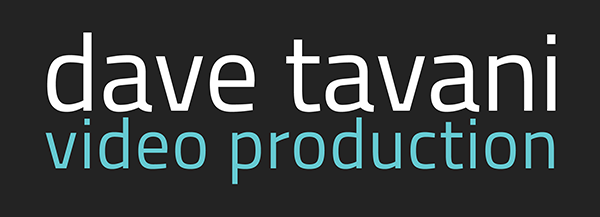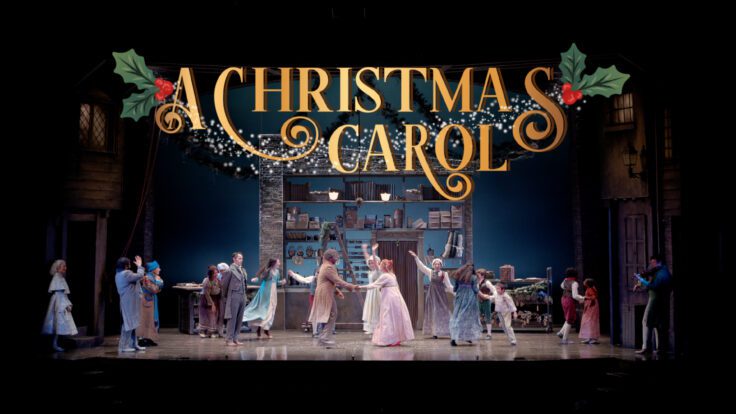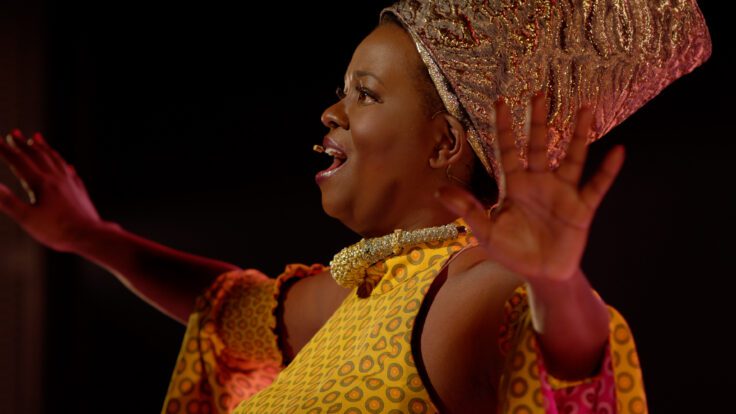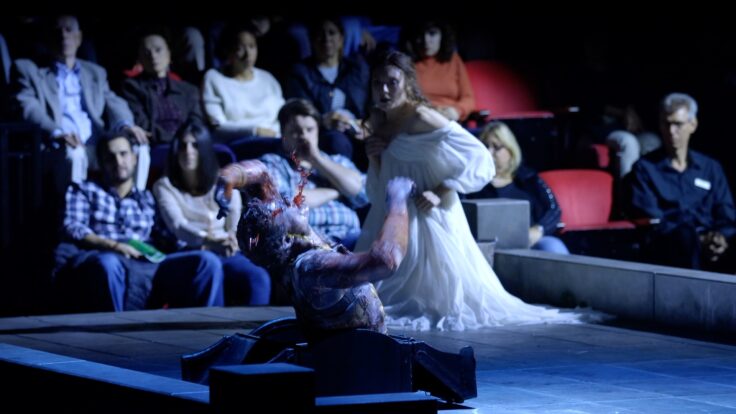Lately, I‘ve been doing some critical thinking about Western culture.
Don’t get me wrong, there are some aspects of western culture I love: art, music, science, philosophy. But we have to admit that there are some really toxic aspects as well: racism, genderism, sexism, classism, ableism, religionism, individualism, ethnocentrism, capitalism, and the general disregard for the natural world. After reading, Robin Wall Kimmerer’s Braiding Sweetgrass, it occurred to me that the root flaw that may someday prove to be catastrophic is western culture’s take-too-much mindset.
In Braiding Sweetgrass, Kimmerer writes about the indigenous concepts of reciprocity, the gift economy, and the “Honorable Harvest,” which all seem antithetically opposed to the take-too-much mentality of western culture. Describing the Honorable Harvest Kimmerer writes:
Know the ways of the ones who take care of you, so that you may take care of them.
Introduce yourself. Be accountable as the one who comes asking for life.
Ask permission before taking. Abide by the answer.
Never take the first. Never take the last.
Take only what you need.
Take only that which is given.
Never take more than half. Leave some for others.
Harvest in a way that minimizes harm.
Use it respectfully. Never waste what you have taken.
Share.
Give thanks for what you have been given.
Give a gift, in reciprocity for what you have taken.
Sustain the ones who sustain you and the earth will last forever (Kimmerer 183).
World history is rife with examples of westerners going to other places to plunder and exploit in the name of making money, often under the guise of “civilizing” and “christianizing” so-called uncivilized peoples. And, we’re still at it today, through greed that aims to leave no tree standing, no mountaintop intact, no body of water unpolluted, no fish in the ocean, no groundwater unsullied, no air breathable, no habitat viable, and no society with intact mental health. We have perfected unsustainability, inequality, and disrespect, at what cost?
But here we are, living in a time period where it has become controversial for teachers to even discuss the history of any of the above-mentioned -isms. Those who seek to ban books want to shelter children from learning the possibility that there may be people who are different from them — or that maybe that they themselves are different. We can’t talk about the horrific genocide that our own government perpetrated against the original inhabitants of this land. To do so is subversive.
This all brings me to McCarter Theatre’s latest show, which is downright subversive in that way. But it is essential to understanding American history and western culture’s take-too-much mentality — to think about it from a different perspective.
Between Two Knees, written and performed by The 1491s, gracefully and hilariously traces one family’s trials and tribulations from the Wounded Knee Massacre (1890) to the Wounded Knee Occupation (1973). The play is an imaginative, provocative, emotional, and comedic telling of the Native American experience that you can’t help but empathize with, even as you laugh and then cry moments later. It is probably the most important piece of theater that you can see in this time period.
It runs at McCarter until February 12. After that, it travels to Seattle Rep.
The 1491s are an intertribal comedy troupe that gained notoriety on YouTube and is well-known for the TV series Reservation Dogs. If you haven’t seen that show, drop everything and watch it. It is remarkable and exquisitely done — possibly the best thing on TV in a long time.
Thanks to Jeff Baker for filming the show with me.
After the show, Bobby Wilson, one of the writers and a member of The 1491s, gave a quick invitation to check out the show at McCarter.



 A Christmas Carol Returns to McCarter Theatre Center
A Christmas Carol Returns to McCarter Theatre Center  Dreaming Zenzile at McCarter Theatre Center
Dreaming Zenzile at McCarter Theatre Center  Mary Shelley’s Frankenstein at McCarter Theatre Center
Mary Shelley’s Frankenstein at McCarter Theatre Center